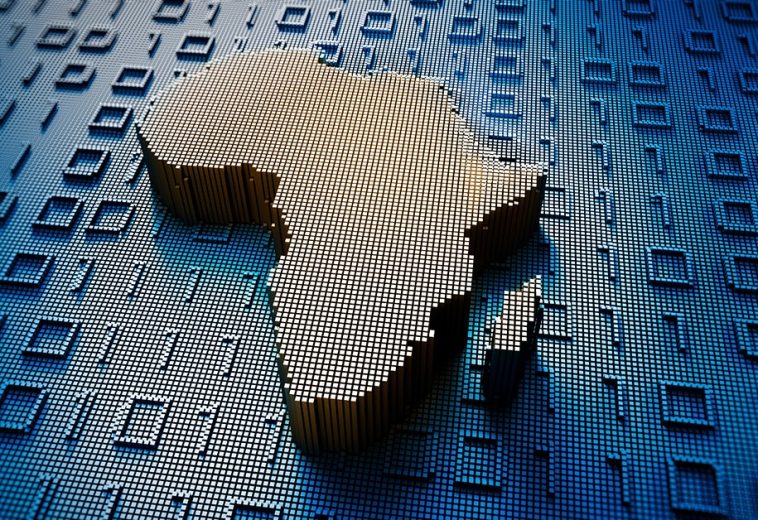Much ado about the new inventions and technology and how it would affect their lives positively or otherwise, hence my decision to put this piece out here for a tete-a-tete. In an era where technological advancements shape the trajectory of nations, Africa stands at a critical juncture in its relationship with artificial intelligence (AI). As the global community grapples with the transformative potential of AI, the continent of Africa finds itself at the forefront of both challenges and opportunities. From reshaping economies to addressing societal disparities, the impact of AI on Africa is multifaceted and far-reaching.
One of the foremost questions on the minds of policymakers and citizens alike is: How will AI affect Africa? The answer lies in the potential for AI to revolutionise various sectors, from healthcare and agriculture to education and finance. In Nigeria, Africa’s largest economy, AI presents a unique opportunity to drive innovation and productivity. With AI-powered solutions, Nigeria can enhance agricultural productivity, improve healthcare delivery, and foster inclusive growth across urban and rural communities.
However, the economic impact of AI in Nigeria is not without its challenges. While AI has the potential to spur economic growth and create new job opportunities, there is also the risk of exacerbating existing inequalities. The adoption of AI technologies may lead to job displacement in certain sectors, particularly those reliant on manual labour. Additionally, there are concerns about the digital divide, with rural and underserved communities facing limited access to AI-driven technologies and training.
Moreover, the challenges of implementing AI in Africa extend beyond economic considerations. Infrastructure constraints, limited access to quality education and training, and data privacy concerns pose significant obstacles to the widespread adoption of AI across the continent. Addressing these challenges requires a concerted effort from governments, businesses, and civil society to foster an enabling environment for AI innovation and deployment.
Furthermore, while AI has the potential to drive positive change, it is essential to acknowledge and mitigate its negative impacts. From concerns about algorithmic bias and ethical implications to the potential for job displacement and loss of privacy, the risks associated with AI deployment are real and must be addressed proactively. Without proper safeguards and regulatory frameworks in place, the negative consequences of AI could outweigh its benefits.
Before I drop my pen, let me categorically say that the impact of AI on Africa is a complex and multifaceted issue that requires careful consideration and proactive action. While AI has the potential to transform economies, improve livelihoods, and drive inclusive growth, it also presents challenges that must be addressed. By fostering collaboration, innovation, and responsible deployment of AI technologies, Africa can harness the transformative power of AI for the benefit of its people and the global community at large.


